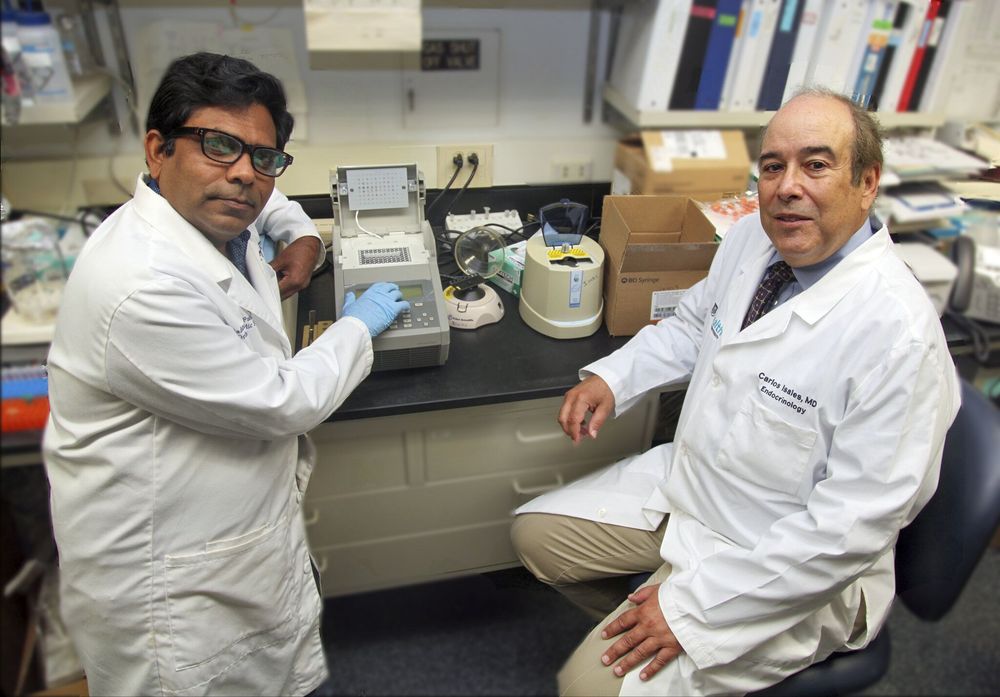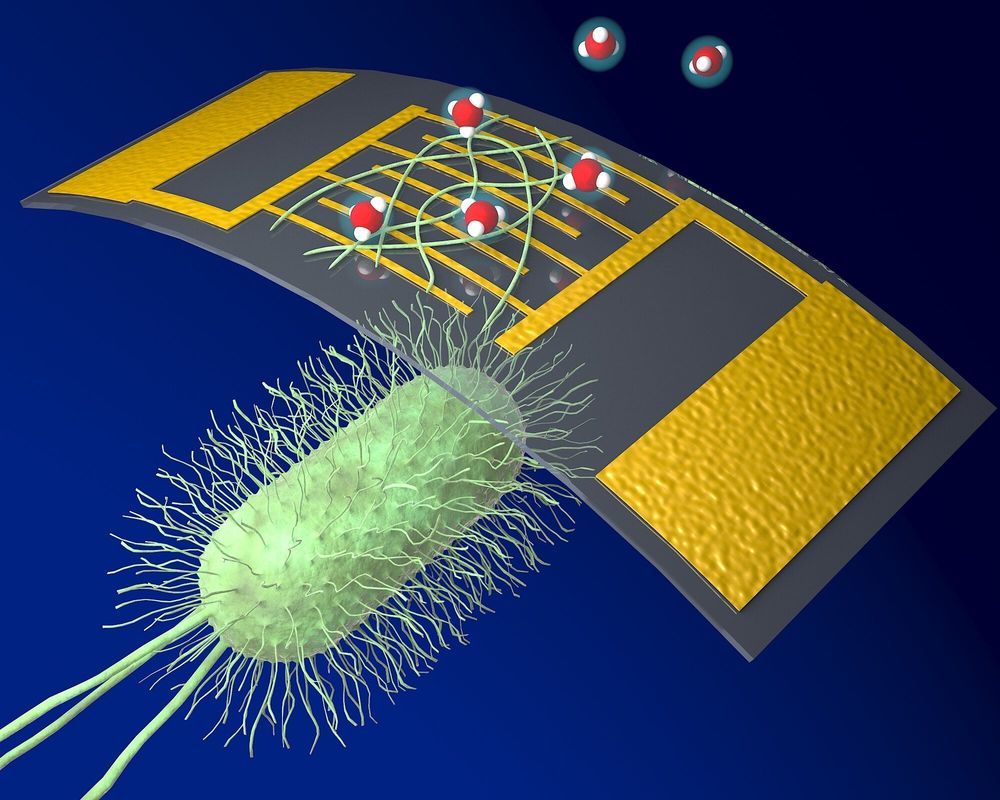Doctors regularly warn their patients that having high levels of triglycerides, a major dietary fat, can increase the risk of heart disease, diabetes, obesity and fatty liver disease. There is considerable interest in finding novel ways to effectively regulate triglycerides in the blood to help manage these potentially life-threatening common conditions.
Now, researchers at Baylor College of Medicine, Princeton University and Texas A&M University are closer to achieving this goal after discovering the 3D structure and mode of action of diacylglycerol O-acyltransferase-1 (DGAT1), the enzyme that synthesizes triglycerides and also is required for human dietary fat absorption and storage. DGAT1 is a known target to treat obesity and other metabolic diseases, so having a detailed understanding of what DGAT1 looks like and how it works opens opportunities for designing novel strategies for managing these conditions. The findings are published in the journal Nature.
“DGAT1 is a particularly interesting enzyme because it synthesizes triglycerides, which are the main component of hard fat, the type of fat usually found in the belly or midsection in our body. Triglycerides also are part of the particles that transport cholesterol—high-density lipoproteins (HDL, or ‘good cholesterol’), and low-density and very-low-density lipoproteins (LDL and VLDL, or ‘bad cholesterols’),” said co-corresponding author Dr. Ming Zhou, Ruth McLean Bowman Bowers Professor in Biochemistry in the Department of Biochemistry and Molecular Biology at Baylor. “Learning to regulate this enzyme can help regulate fat synthesis and potentially manage related conditions.”









